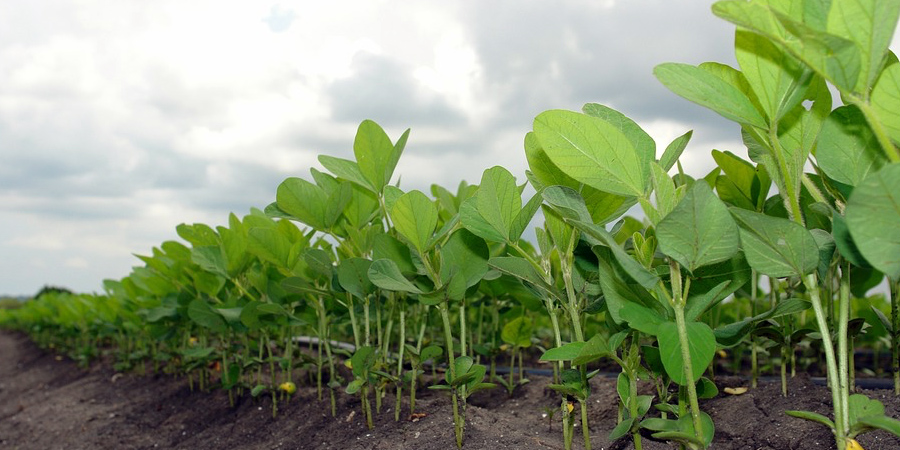The Angolan Government intends to adapt the agricultural production rates to the country’s demographic growth, to facilitate the population’s access to food.
This measure will require hard work in order to achieve the desired production targets in the coming years, aimed at strengthening and guaranteeing food security, especially through the promotion of agricultural activity.
Also read: Oil exports generates Angola US$40B+ in 2022
The information advanced on Thursday by the Minister of Agriculture and Forestry, Francisco Assis, at the opening of the Advisory Council of the Ministry of Finance, stressing that it is expected to have the involvement of partners and the family and business sectors.
The minister specified that the country recorded an increase of 5.6 percent in national production during the 2021/22 agricultural campaign, compared to the previous year, representing a move towards the objectives of the Executive.
According to the Executive’s estimates, Angola expects, this year, to reach an agricultural production of more than 24 million 793 thousand and 275 tons of various products (grown in 2022).
According to the minister, several agricultural projects are underway, with emphasis on strengthening the resilience of family farmers and the development of commercial agriculture, among others, which contribute to the increase of national production.
Also read: Angola’s Saurimo photovoltaic plant nearly completed
On the other hand, the minister reiterated the commitment to grain production and the promotion of the value chain for animal production, through the construction and rehabilitation of dams and irrigated perimeters in the regions of Cunene, Huíla, Cuanza Sul and Benguela.
The minister also pointed out the implementation of the Poultry, Goat and Pig Farming Promotion Programs, the Samba Cajú Integrated Development Project, embodied in the creation of infrastructures to support production, as well as the Biodiversity Center for the production of animal vaccine, under construction in the province of Huambo.
Francisco Assis also announced the implementation of several actions of the Executive aimed at forest protection, reforestation and the construction of three forest warehouses in the provinces of Benguela, Moxico and Cabinda, to stimulate the production and commercialization of wood.
For his part, the acting governor of Malanje, Angelino Quissonde, considered the agrarian sector in the province a priority, which is why the local government introduced agriculture in the program to combat hunger and poverty, receiving 60 percent of its budget.
With this, he said, it is intended to achieve excellence in food production and contribute to the eradication of hunger in the communities, having praised the support of the Ministry of Agriculture and Forestry for the implementation of this plan, through financing of youth business initiatives, cooperatives and peasant associations.
The Advisory Council aims to discuss the policies of the country’s agricultural and livestock sector, as well as to present the balance of actions and the agricultural year 2021/2022.
For one day, participants will debate topics such as technical assistance and rural extension, prospects for seed production and the formalization of agricultural and livestock activities, the state of play and prospects for rural trade, among others.
